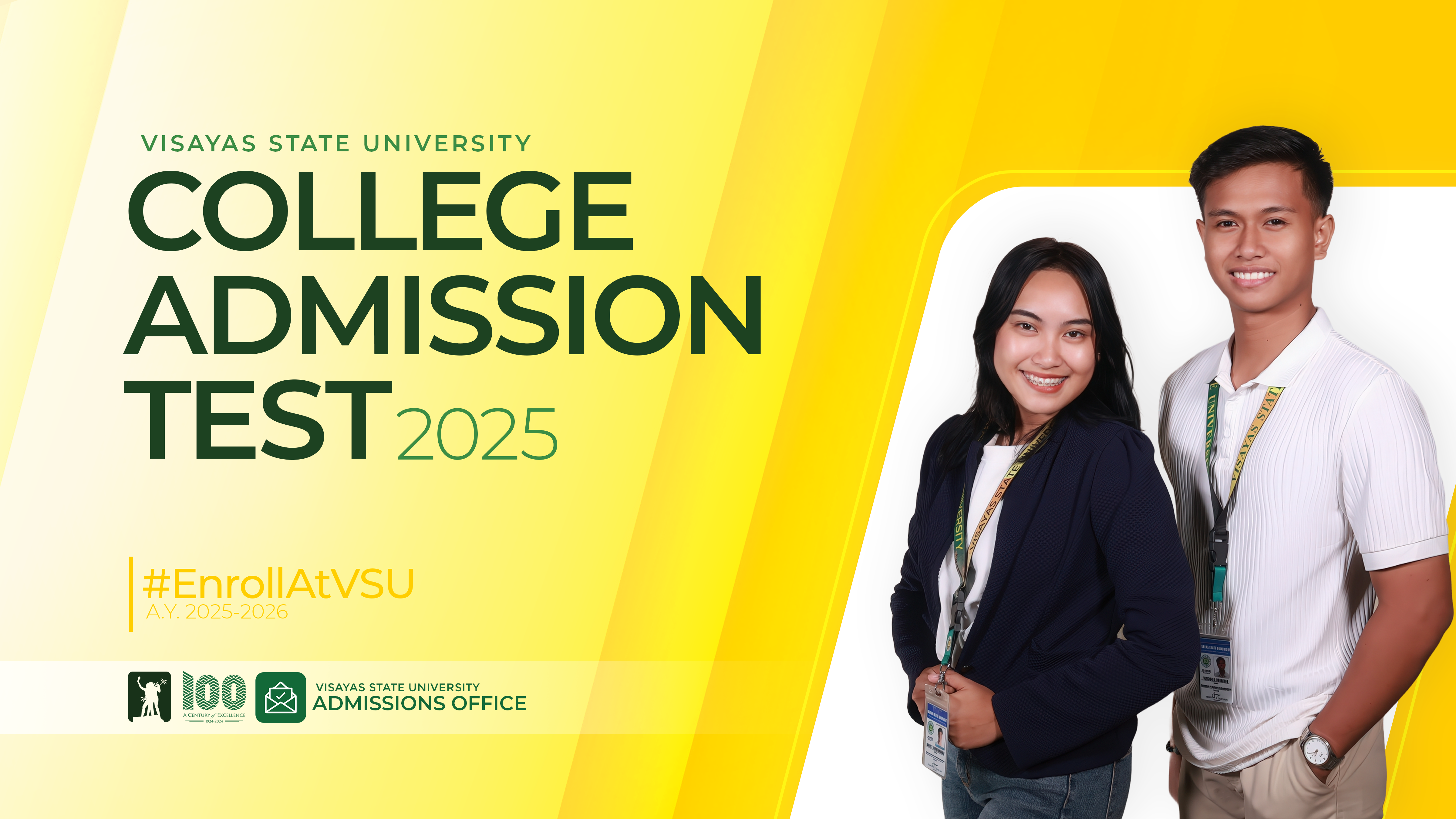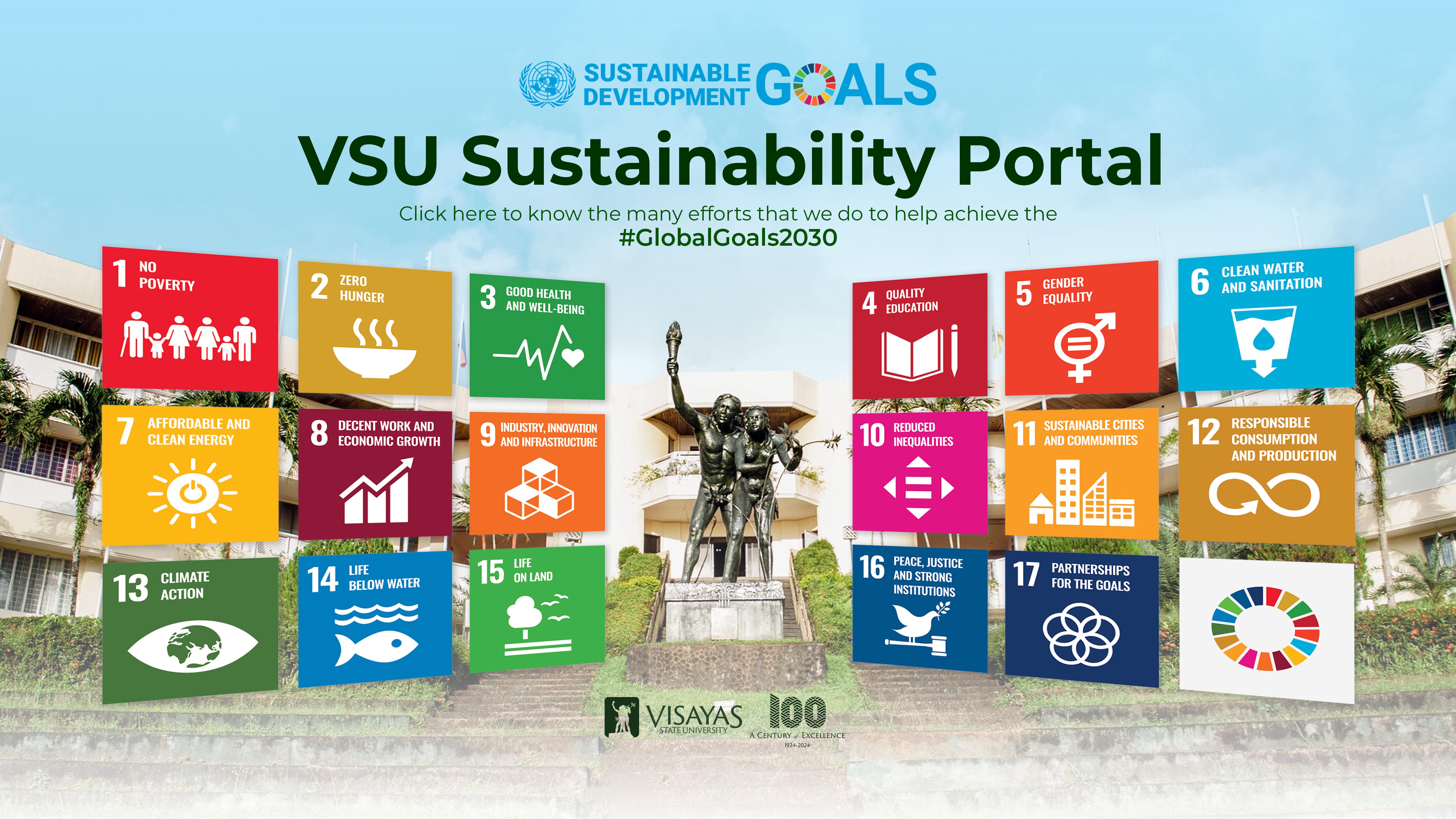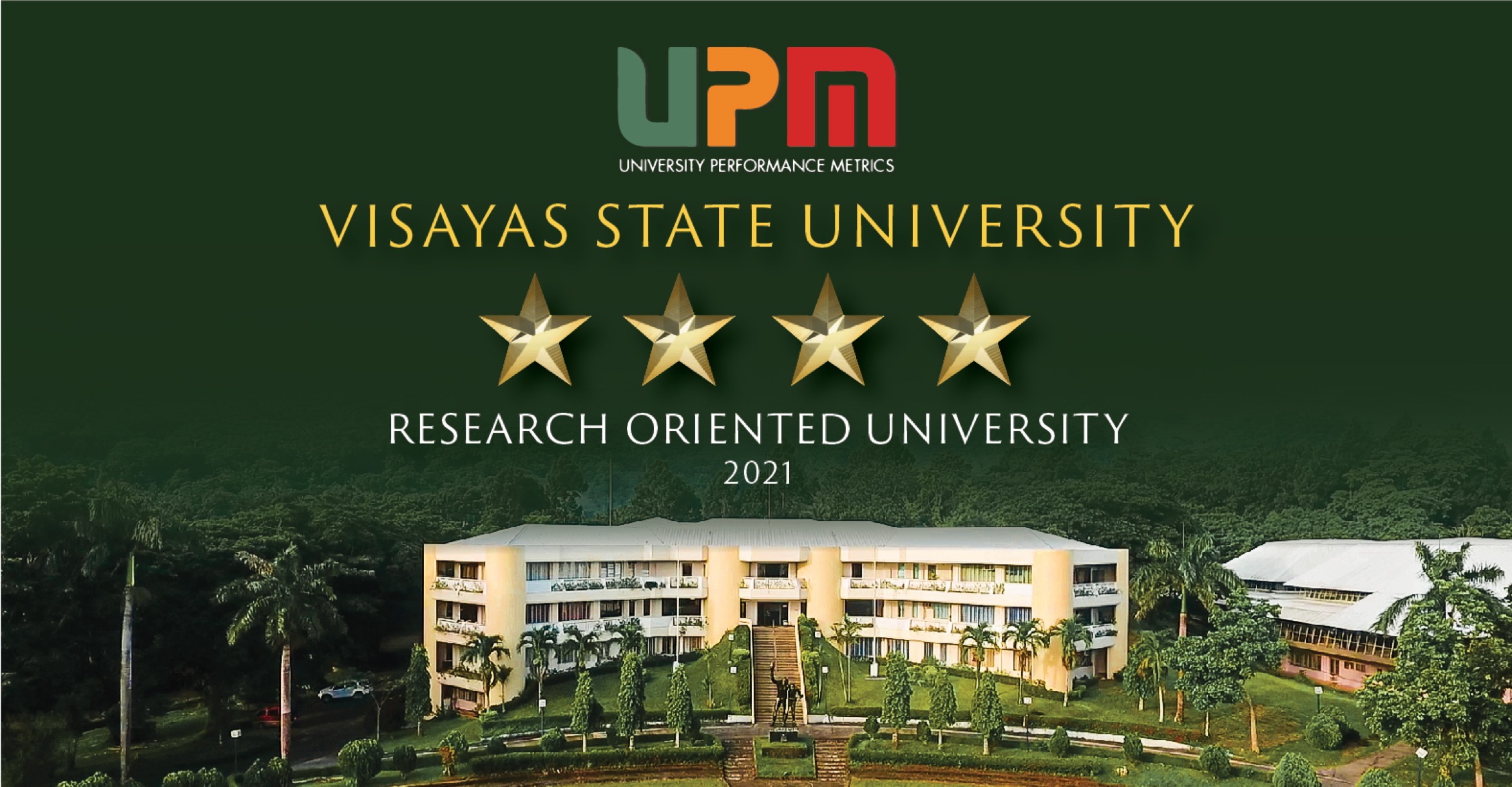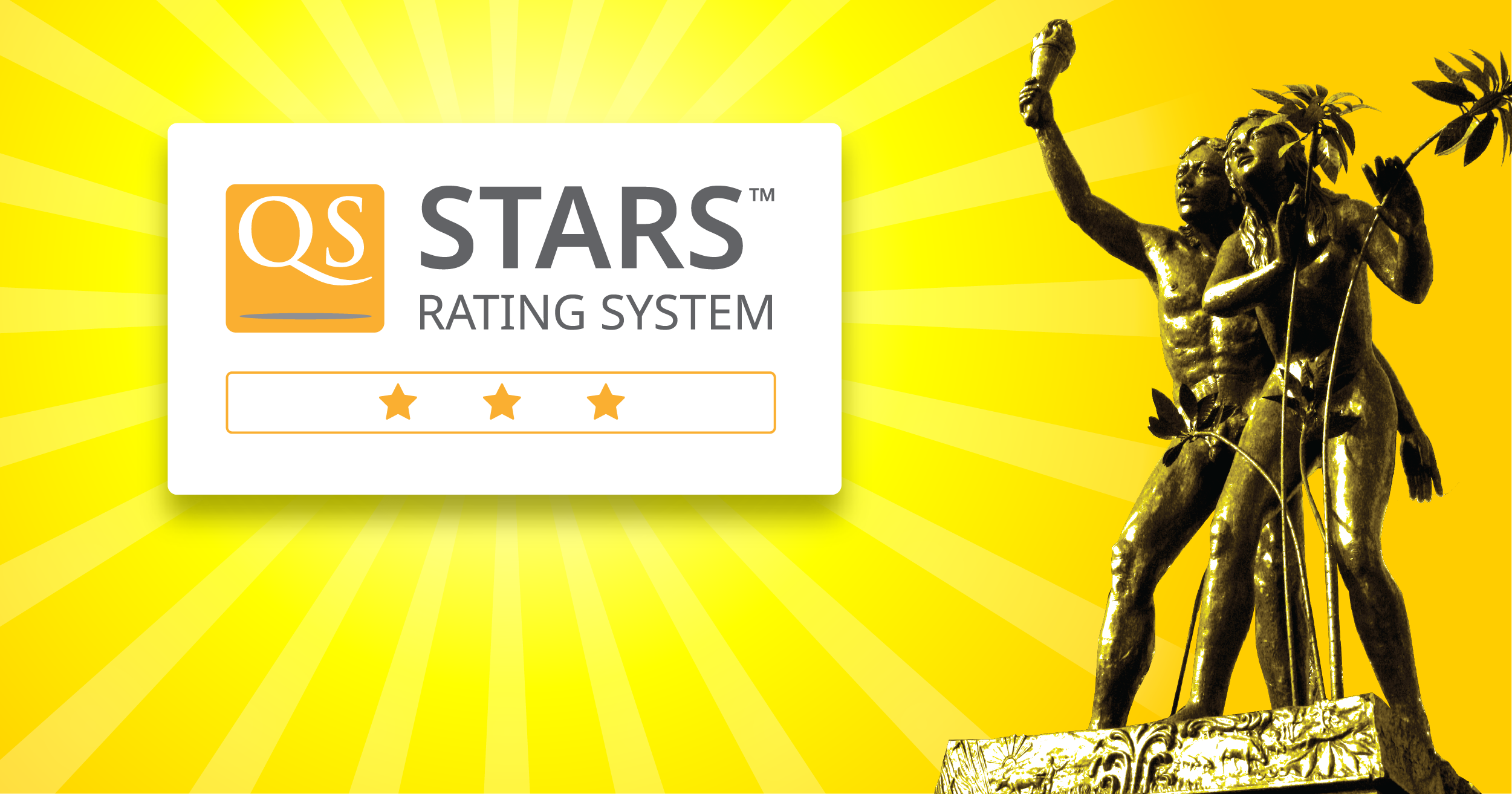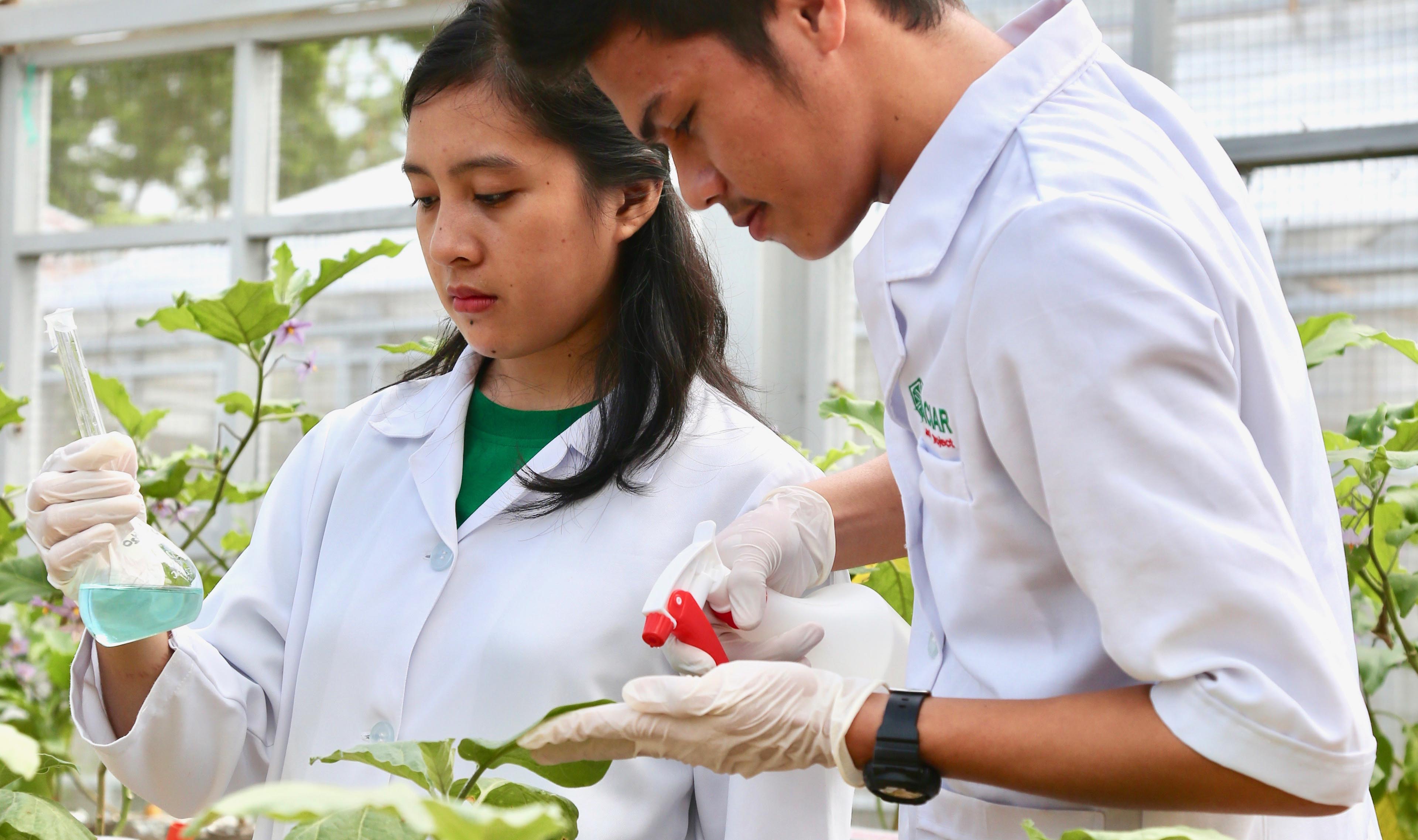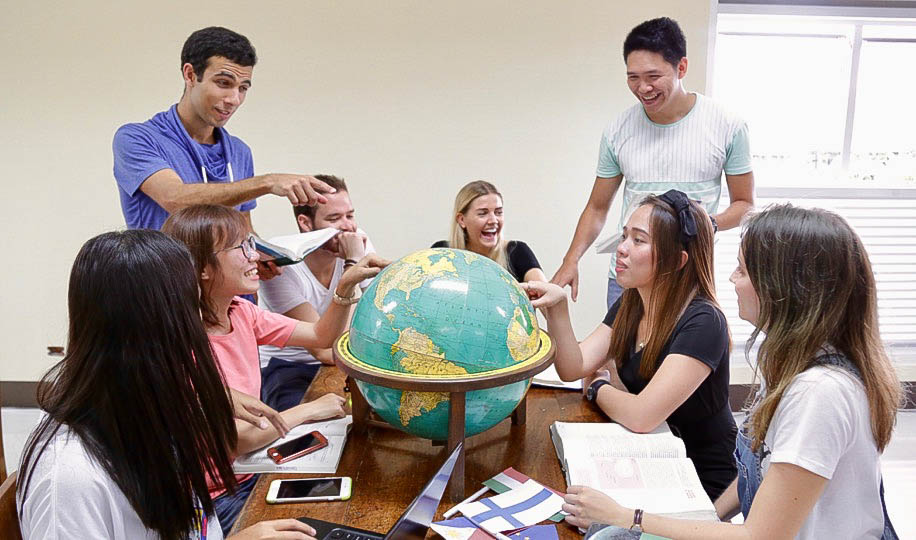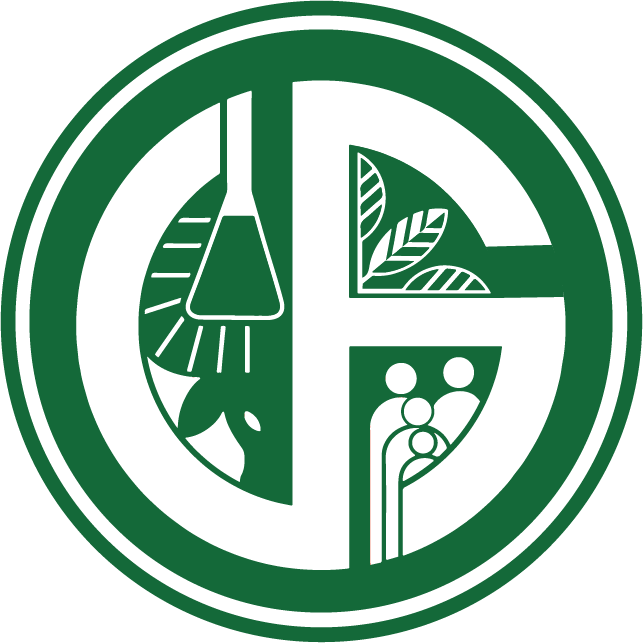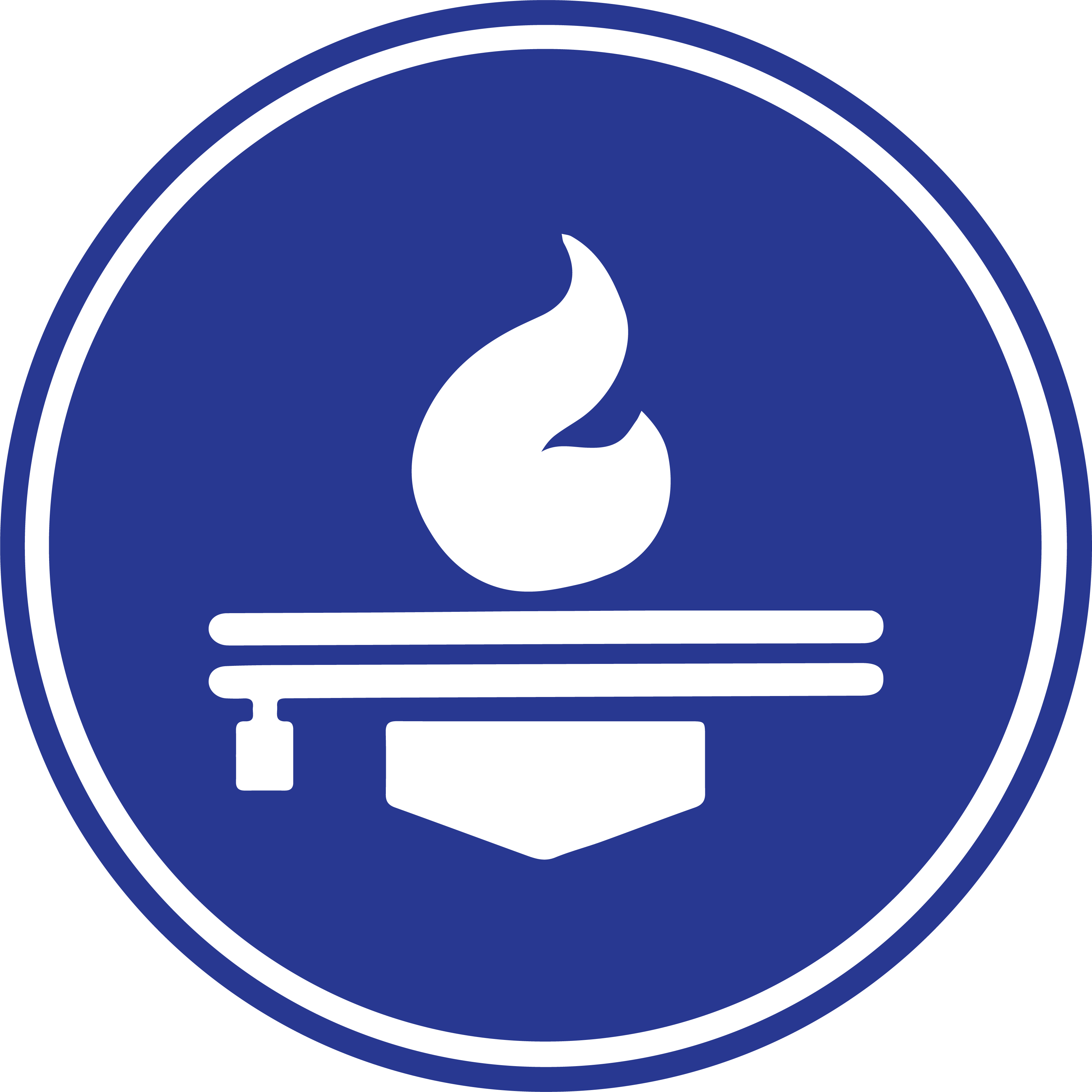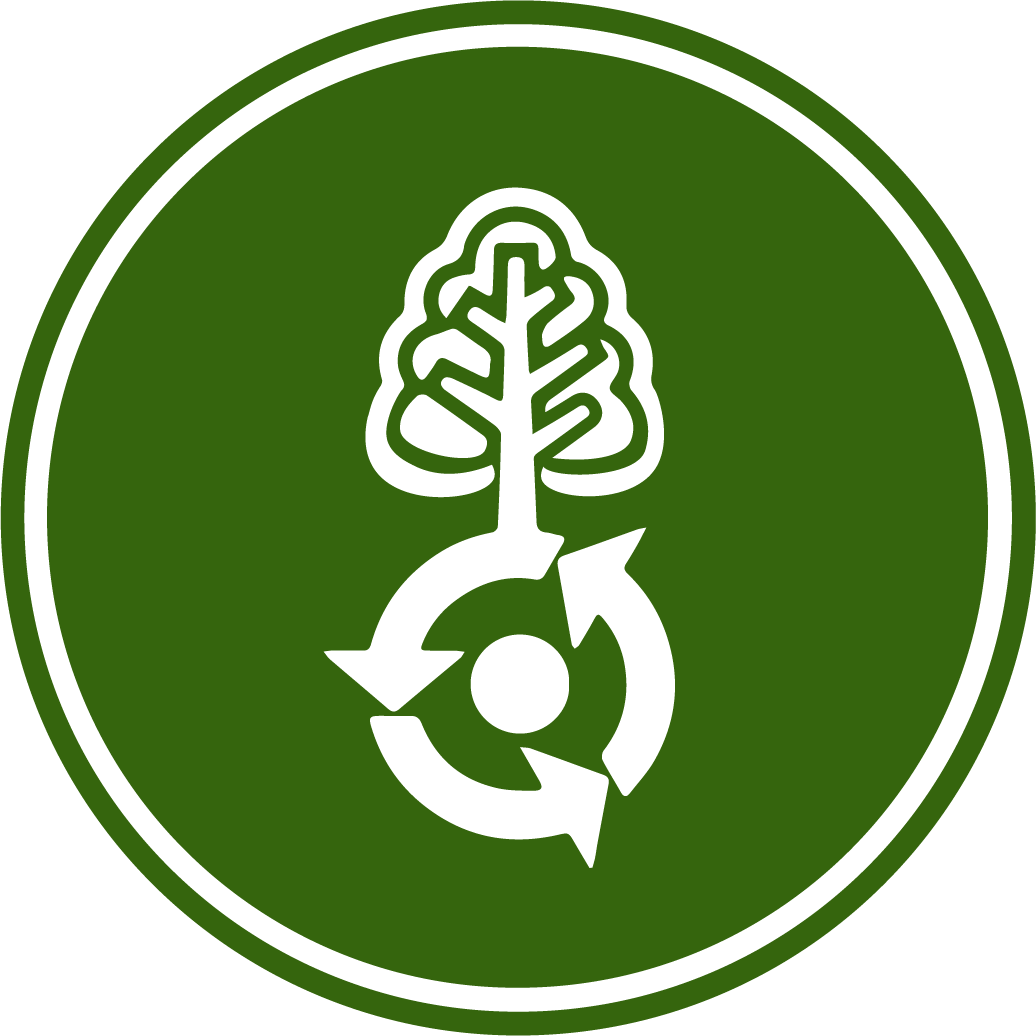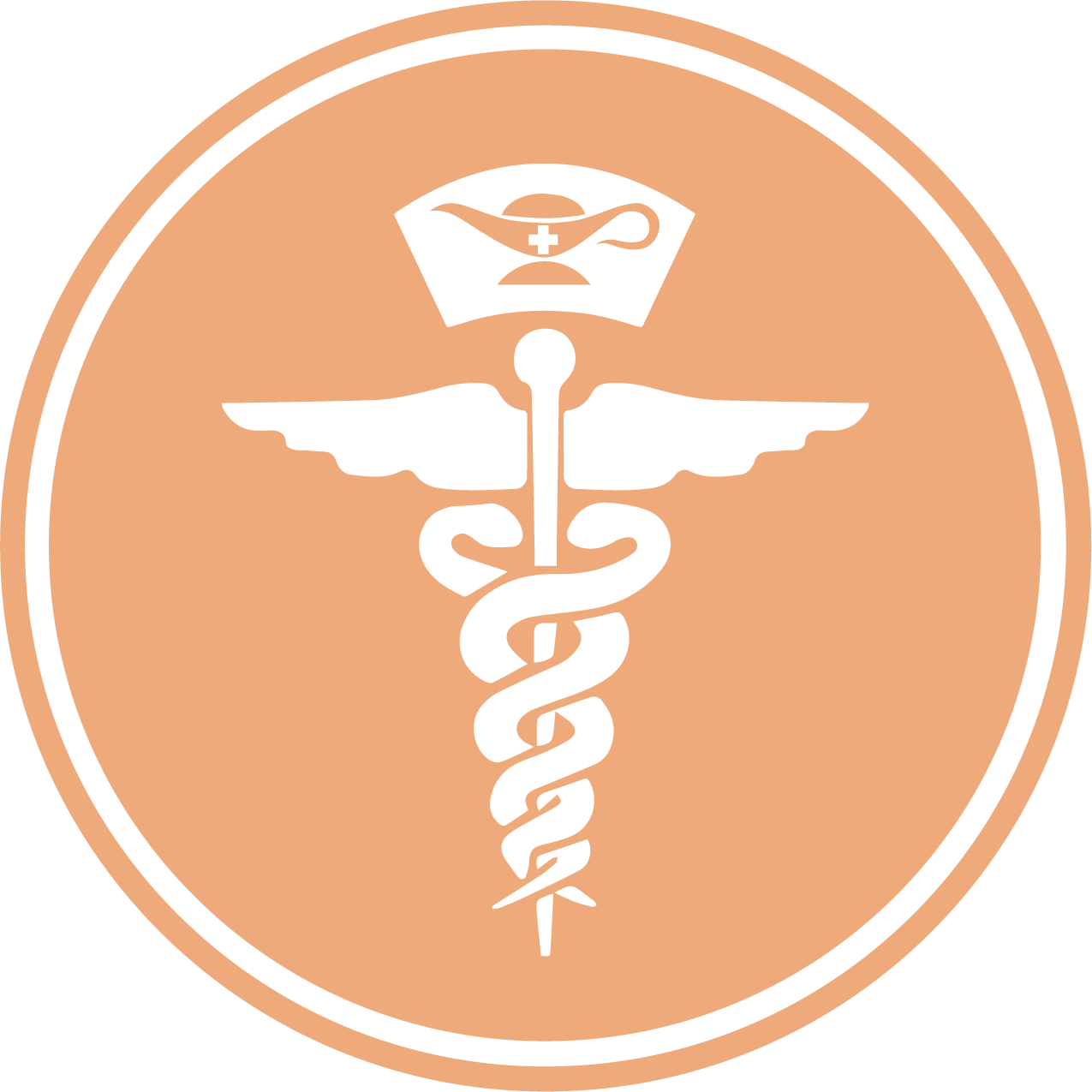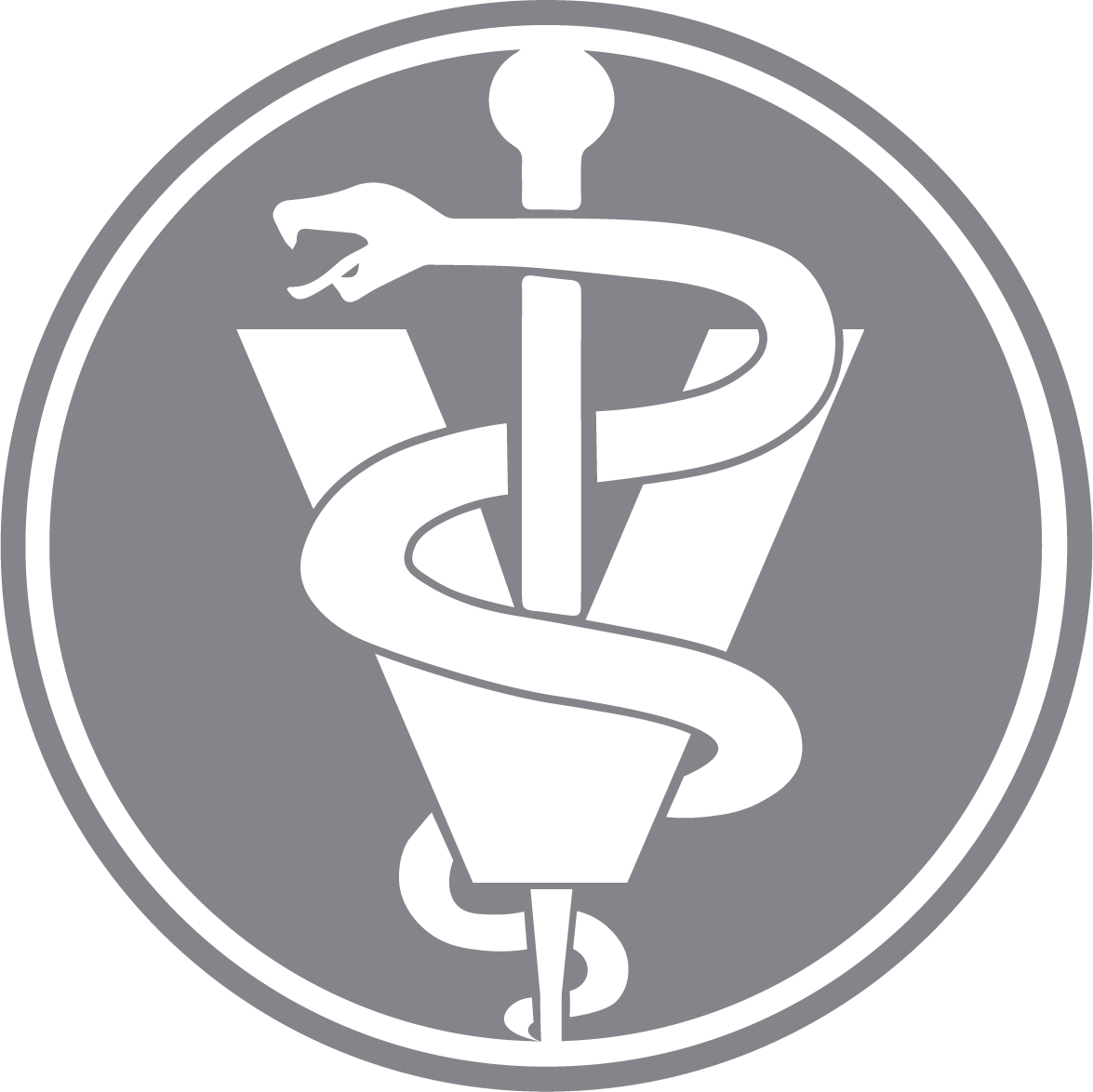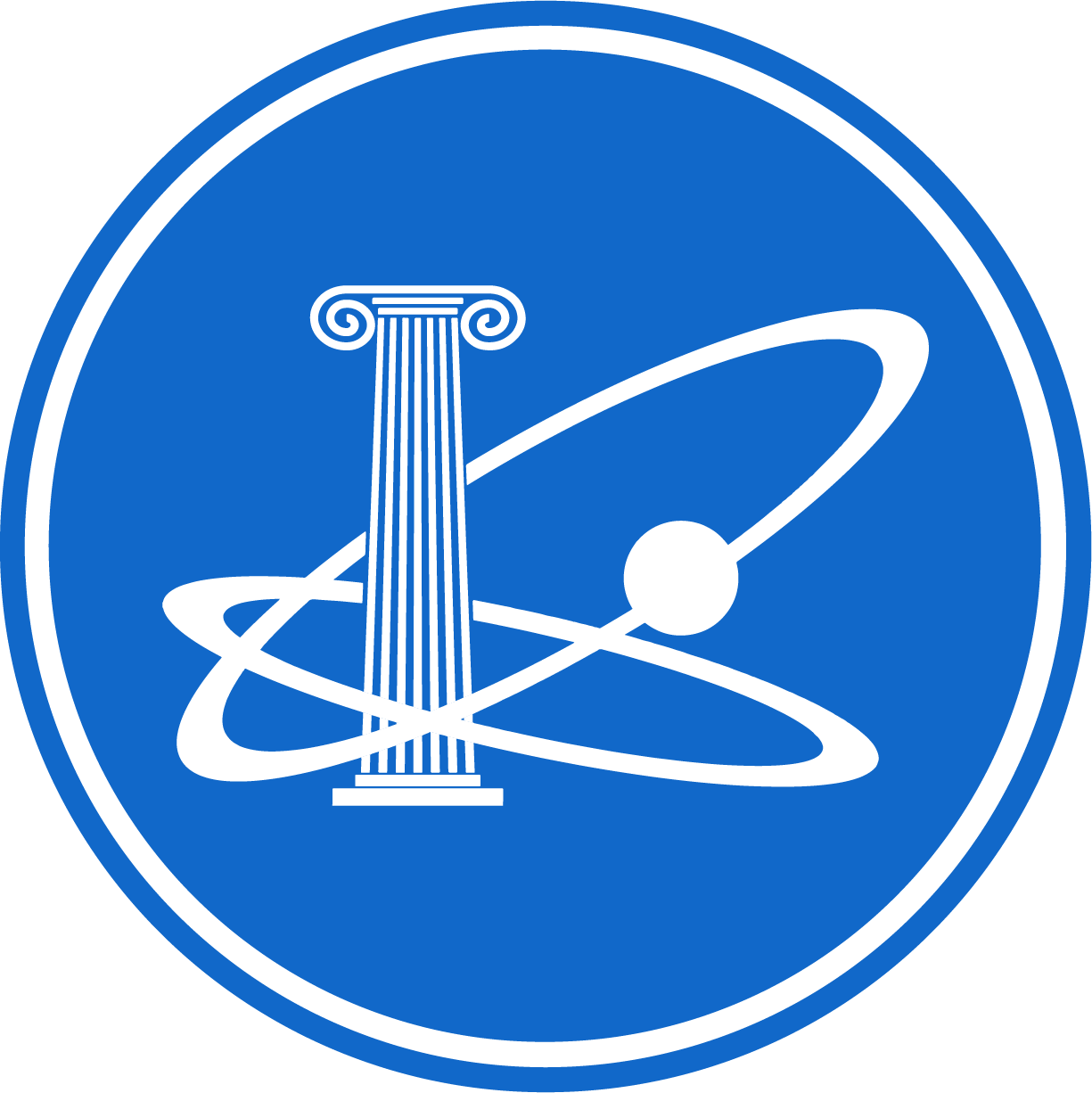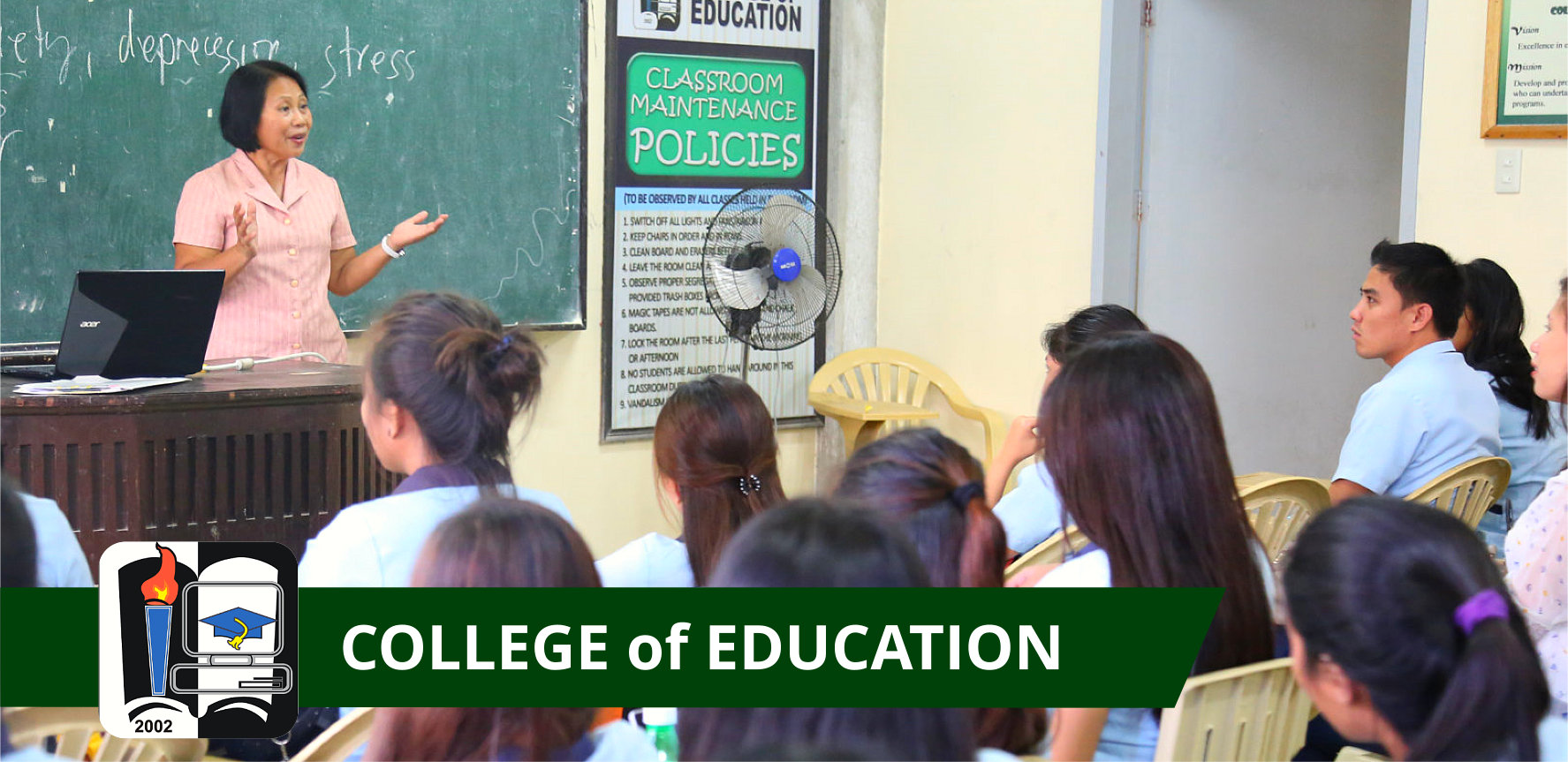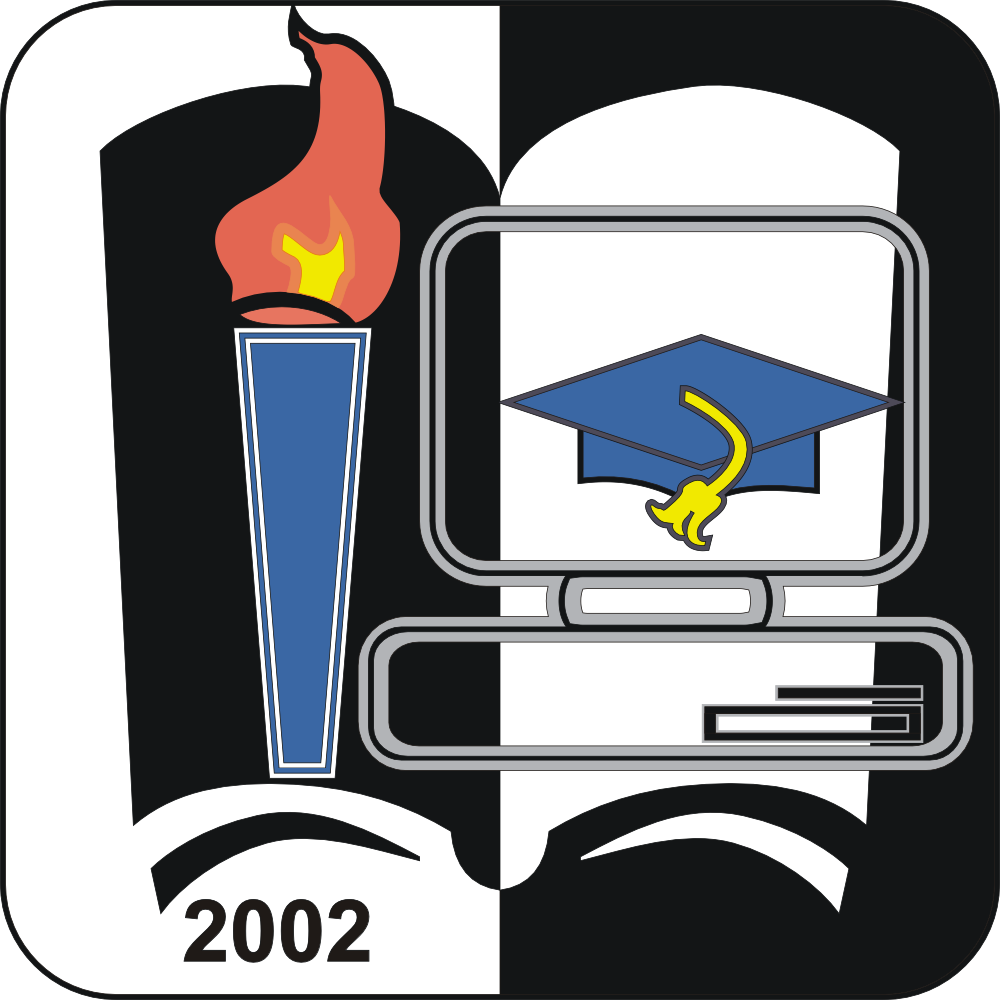Informational
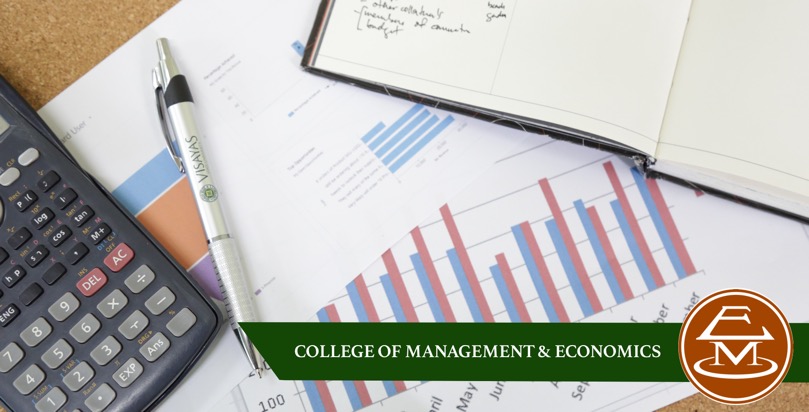
The College of Management and Economics (CME) integrates principles of management, economics and governance to equip students with relevant knowledge, skills and values so that they may become experts in responding to pressing development issues. The College offers both undergraduate and graduate programs that are avenues for professional growth and educating future leaders in management, economics and development studies. With our competent faculty and staff, national and international linkages, and available facilities, graduates from CME are expected to meet the changing demands of their future jobs and be competitive in their chosen field.
The College has attained a Level IV Reaccredited Status in the Bachelor of Science in Agribusiness and in the Master of Science in Agricultural Economics program. The Accrediting Agency for Chartered Colleges and Universities in the Philippines, Inc. (AACCUP) grants a Level IV status, the highest level, to programs that are outstanding in instruction, research, extension, and linkages, among other areas.
CME is composed of four academic units: (i) Department of Business and Management, (ii) Department of Economics, (iii) Department of Tourism and Hospitality Management; and (iv) Institute of Strategic Research and Development Studies.
Vision, Mission, and Goals
Degree Offerings
CME offers the following undergraduate and graduate degree programs.
Undergraduate Degree Offerings
Bachelor of Science in Agribusiness
Bachelor of Science in Hospitality Management
Bachelor of Science in Tourism Management
Bachelor of Science in Economics with majors in
(i) Business Economics
(ii) Environmental and Development Economics
Bachelor of Science in Agriculture major in Agricultural Economics
Graduate Degree Offerings
Master of Management with majors in
(i) Agribusiness
(ii) Business Management
Master of Science in Development Sociology
Master of Science in Agricultural Economics
Master of Agricultural Development major in Agricultural Economics
Diploma in Land Administration and Management
Master in Land Administration and Management
Master of Science in Land Administration and Management
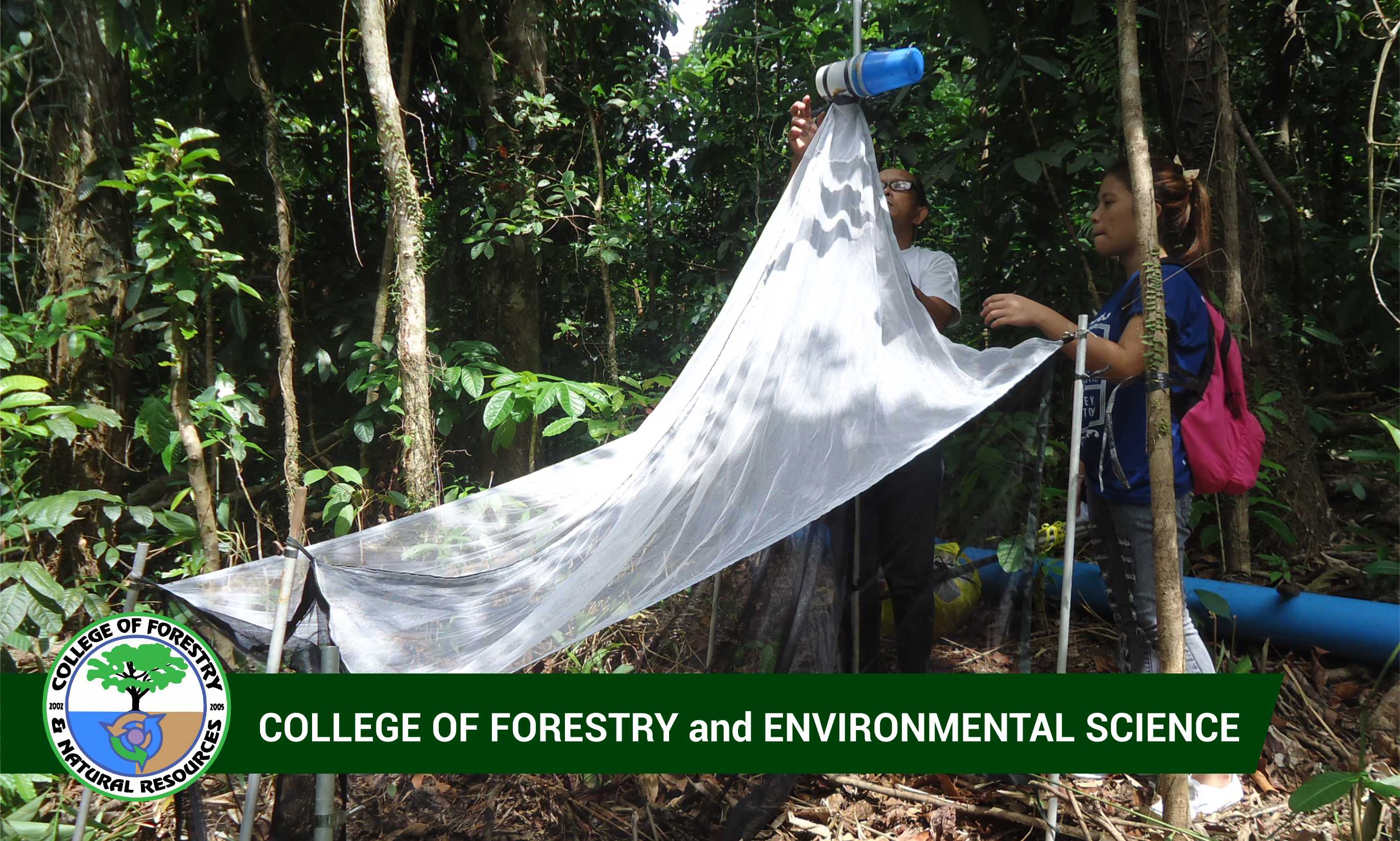

The College of Forestry and Environmental Science has consistently produced graduates that are in demand in government and non-government agencies. Owing to their consistent high performance in licensure examinations, the College was recognized by the Commission on Higher Education as Center of Excellence in Forestry Education.
Vision, Mission and Goals
Degree Offerings
Master of Science:
Research Thrusts
- Vegetation Science
- Agroforestry
- Farm & Community Forestry
- Socio-economic Forestry
- Silviculture
- Watershed Management
- Tree Domestication & Local Knowledge
- Parks & Wildlife
- Rainforestation
Extension Activities
- Community-Based Watershed Management Program for LGUs
- LGU/GA/NGO/PO-Partnership
- Agroforestry/Tree Rainforestation Demo Farm Development
- Trainings/Workshops
- Farm/Community Visitation and Consultation
- on-Farm Participatory Research/Extension
- Tree seedling production & dispersal
- Linkaging/Networking
Facilities
CFNR HERBARIUM: Houses a collection of specimens of locally identified timber and lesser-known tree species (thru the ViSCA-Darwin Project)
CFNR WOOD LIBRARY: Houses a collection of wood samples of indigenous and exotic tree species for instruction
CFNR ARBORETUM: Contains a collection of identified native timber and lesser-known tree species
FOREST NURSERY: producing selected indigenous and exotic tree species to support agencies involved in reforestation and restoration of the environment

The College of Engineering and Technology is one of the top-performing colleges in the university. It is recognized as the leading institution in the Visayas and Mindanao in the fields of agricultural engineering, geodetic engineering, civil engineering, mechanical engineering, and computer science and technology. It offers programs that are qualified by the Commission on Higher Education to be Centers of Excellence. Curricular programs in engineering are compliant to the Washington Accord requirements. The college has since produced graduates who top in licensure examinations. With its available facilities and resources for instruction and research, you are sure to build a strong future in engineering and computer science.
Vision, Mission, and Goals
Courses Offered
Bachelor of Science in Agricultural Engineering
Bachelor of Science in Civil Engineering
Bachelor of Science in Computer Science
Bachelor of Science in Geodetic Engineering
Bachelor of Science in Mechanical Engineering
Bachelor of Science in Meteorology
Research and Development Agenda
- Energy Park
Research in the field of renewable energy and organic-based agri ventures have been central to the college’s agenda. Owing to the growing knowledge in this area, the college is establishing an Energy Park that showcases applications of renewable technologies for educational, training, and eco-tourism purposes.
- Skills Training Program
The college offers a skills training program in shielded metal arc welding and electrical installation and maintenance. Trainees who have successfully accomplished the training will receive a National Certificate that qualifies them to work in companies here and abroad.
- Development of engineering- and technology-based educational materials for secondary and college students
|
|
College of Agriculture and Food Science
|
|
|
|
|
|
College of Engineering and Technology
|
|
|
College of Forestry and Environmental Science
|
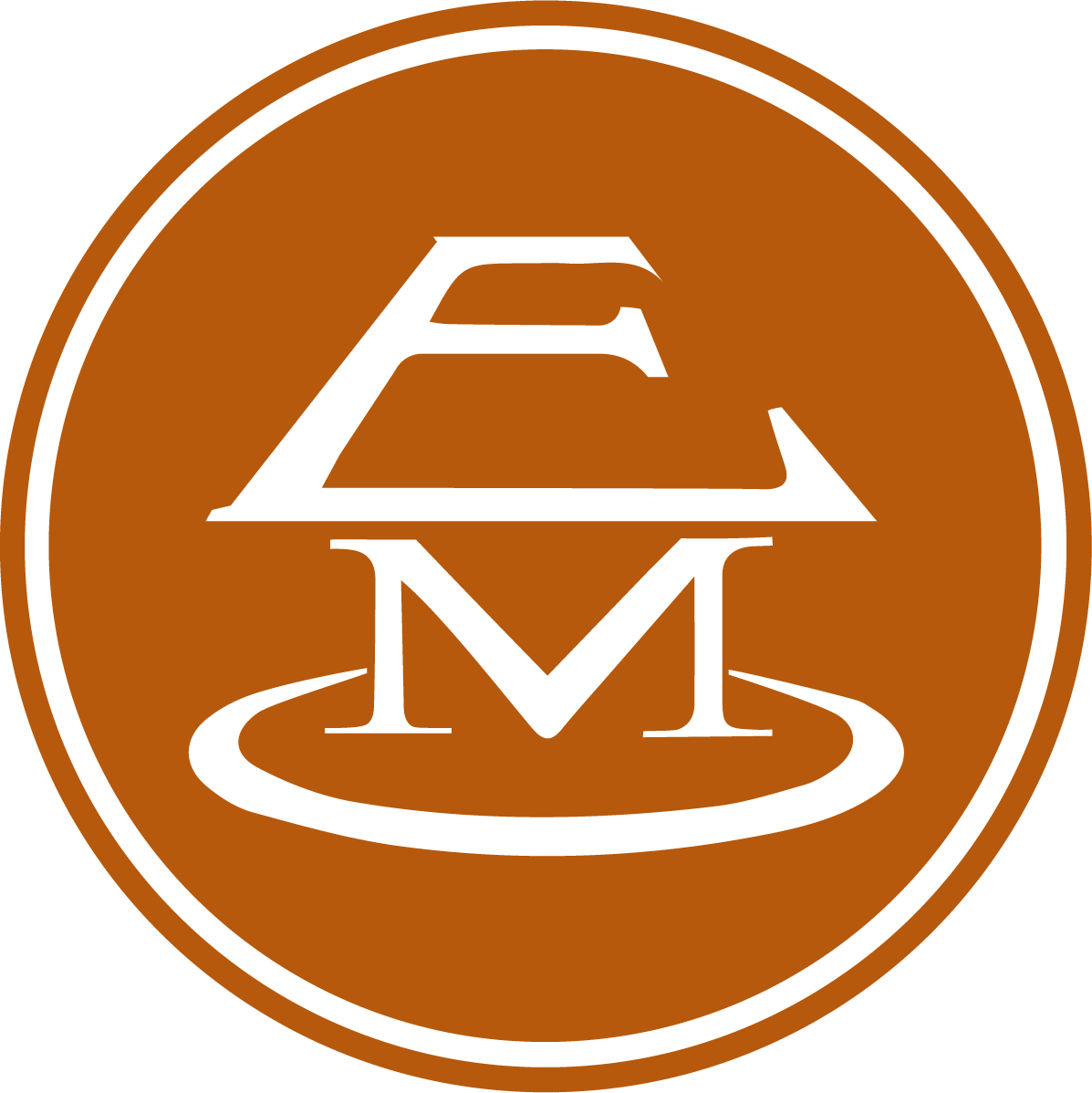 |
College of Management and Economics
|
|
|
College of Nursing |
|
|
College of Veterinary Medicine
|
|
|
|
The College of Education is paving the ground to become the center of excellence in teacher education. Recently, it qualified for a Level IV Reaccreditation in Bachelor of Elementary Education, Bachelor of Secondary Education, and Master of Education from the Accrediting Agency of Chartered Colleges and Universities in the Philippines, Inc. (AACCUP). With our competent faculty and quality student development programs, graduates are equipped with the competence in teaching, as well as in implementing research and extension initiatives.
Degree Offerings
- Bachelor of Culture and Arts Education
- Bachelor of Early Childhood Education
- Bachelor of Elementary Education
- Bachelor of Physical Education
- Bachelor of Secondary Education
Master of Education (MEd) with majors in:
Research and Development Agenda
The College of Education's research activities are focused in the following areas:
- Curriculum studies in higher education
- Technology and education
- Tracer studies
- Strengthening school-community partnership to enhance learners and countryside development
- Improvement of educational process or institutional development studies
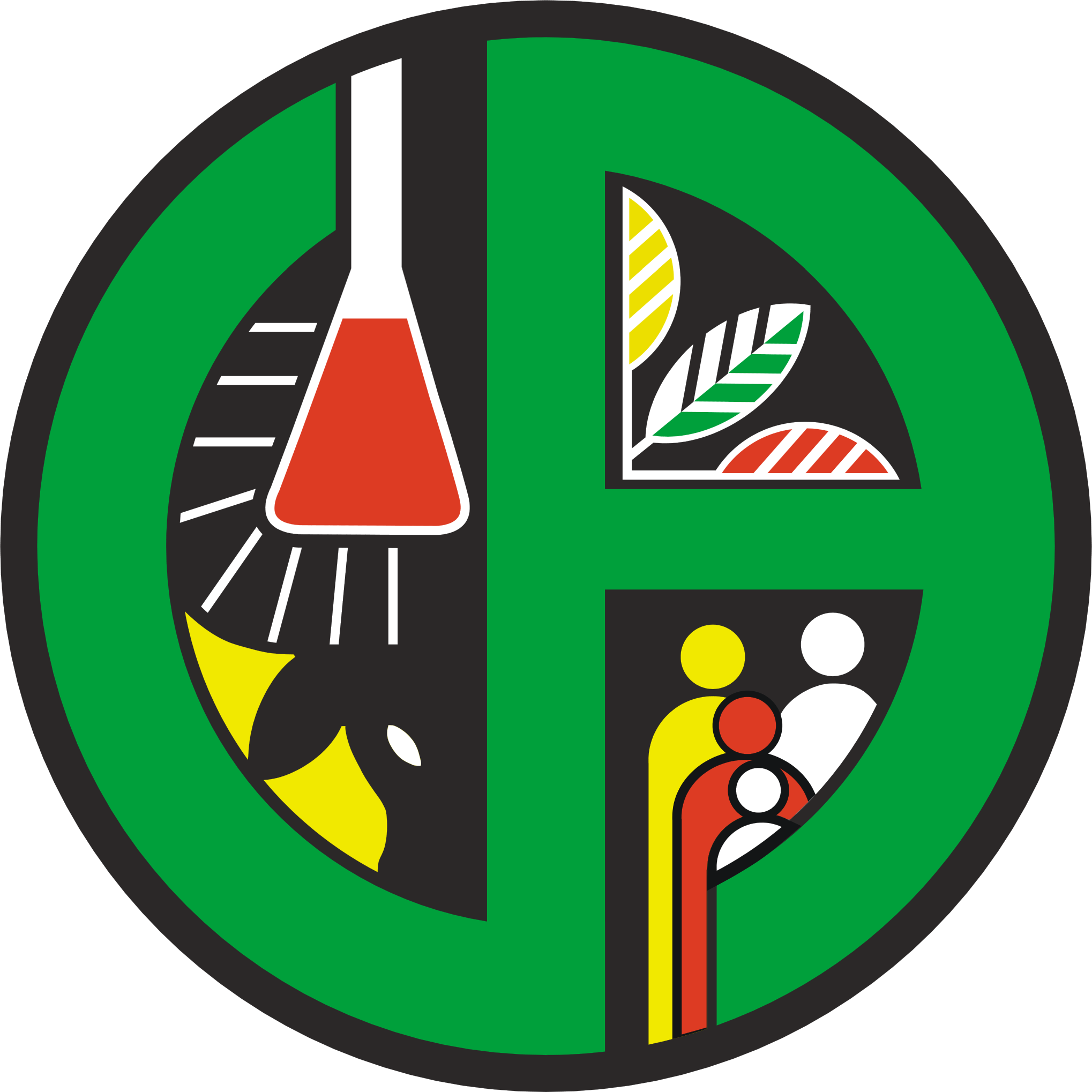 The biggest and the oldest college of the Visayas State University, the College of Agriculture is known as one of the country's centers of excellence in agriculture and is the leading institution in the fields of plant and animal sciences, social science and development studies in the Visayas and Mindanao.
The biggest and the oldest college of the Visayas State University, the College of Agriculture is known as one of the country's centers of excellence in agriculture and is the leading institution in the fields of plant and animal sciences, social science and development studies in the Visayas and Mindanao.
At present the College system has 7 academic departments. These include the following: Department of Animal Science (DAS), Department of Agronomy & Soil Science (DASS), Department of Development Communication (DDC), Department of Plant Breeding & Genetics (DPBG), Department of Horticulture (DOH), Department of Pest Management (DPM), and the Department of Food Science and Technology (DFST).
Vision
Center of Excellence in Agriculture
Mission
Attainment of highly competent human resource and scientific knowledge in agriculture and allied fields for sustained growth and development.
Goal
To serve as an effective vehicle for economic growth through relevant curricular offerings, generation of appropriate knowledge and technologies and establishment of vibrant linkages with non-governmental organizations (NGOs), peoples organizations (POs), and other government agencies (GAs).
Objectives
- To strive for excellence in agriculture education for regional and rural development.
- To sharpen its focus on impact programs and projects in instruction, research and the application of new knowledge for the well-being of the small Visayan farmers and rural farming families.
- To build enduring linkages with national and regional institutions and agencies for the promotion of relevant instruction, meaningful research, and effective transmission of useful knowledge in the farming communities in the Visayas.
Organizational Structure
Under the VSU system, the CA is structurally organized where the Dean is directly under the Office of the Director for Curriculum & Instruction (ODCI). Under the Dean are the Heads of various academic units. Assisting the Dean is the College Secretary along with the administrative support staff. The Dean oversees the overall operations of the units under its wings. Departments are under the leadership of a Head while the Institute is headed by a Director. The Heads and Director spearhead program planning and implementation in their respective units in consultation with their organic staff and stakeholders at large.
Currently, the Dean of the College is holding office at the second floor, FARMI building at the VSU main campus.
Manpower
The College has 81 faculty members with the following academic degrees: 40 Ph.D.; 33 M.S.; and 8 B.S.. It has a total of 28 administrative staff.
Philosophy
The College of Agriculture adheres to the philosophy of promoting and inculcating the core values of truth, knowledge, work and relevance. Its programs in Instruction, Research, Extension, and Production converge and complement each other to help make Philippine agriculture globally competitive and sustainable.
|
|
College of Agriculture and Food Science
|
|
|
|
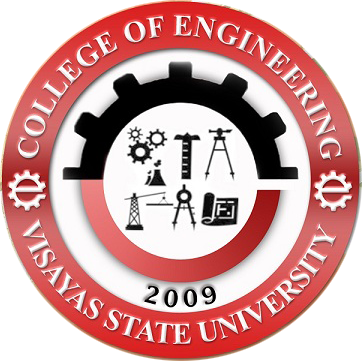 |
|
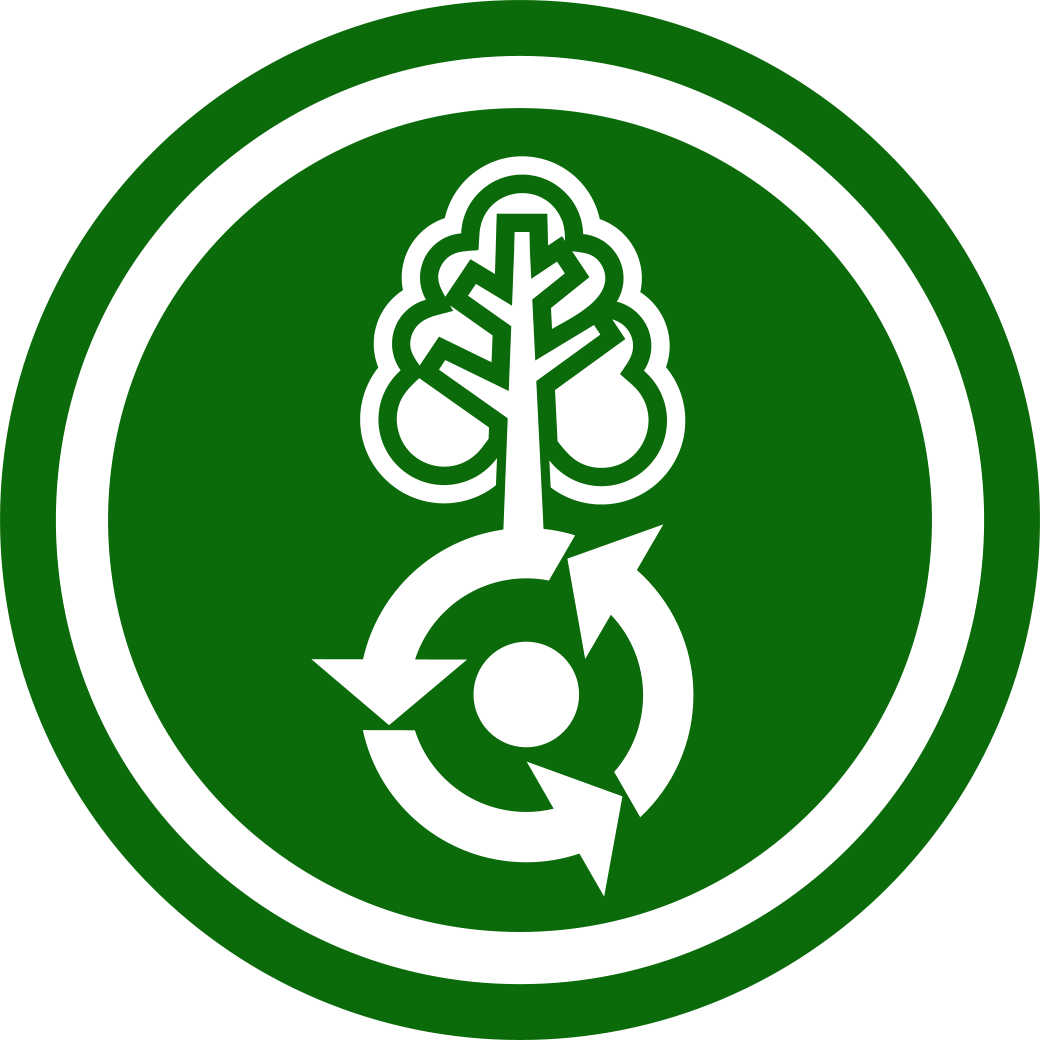 |
College of Forestry and Environmental Science |
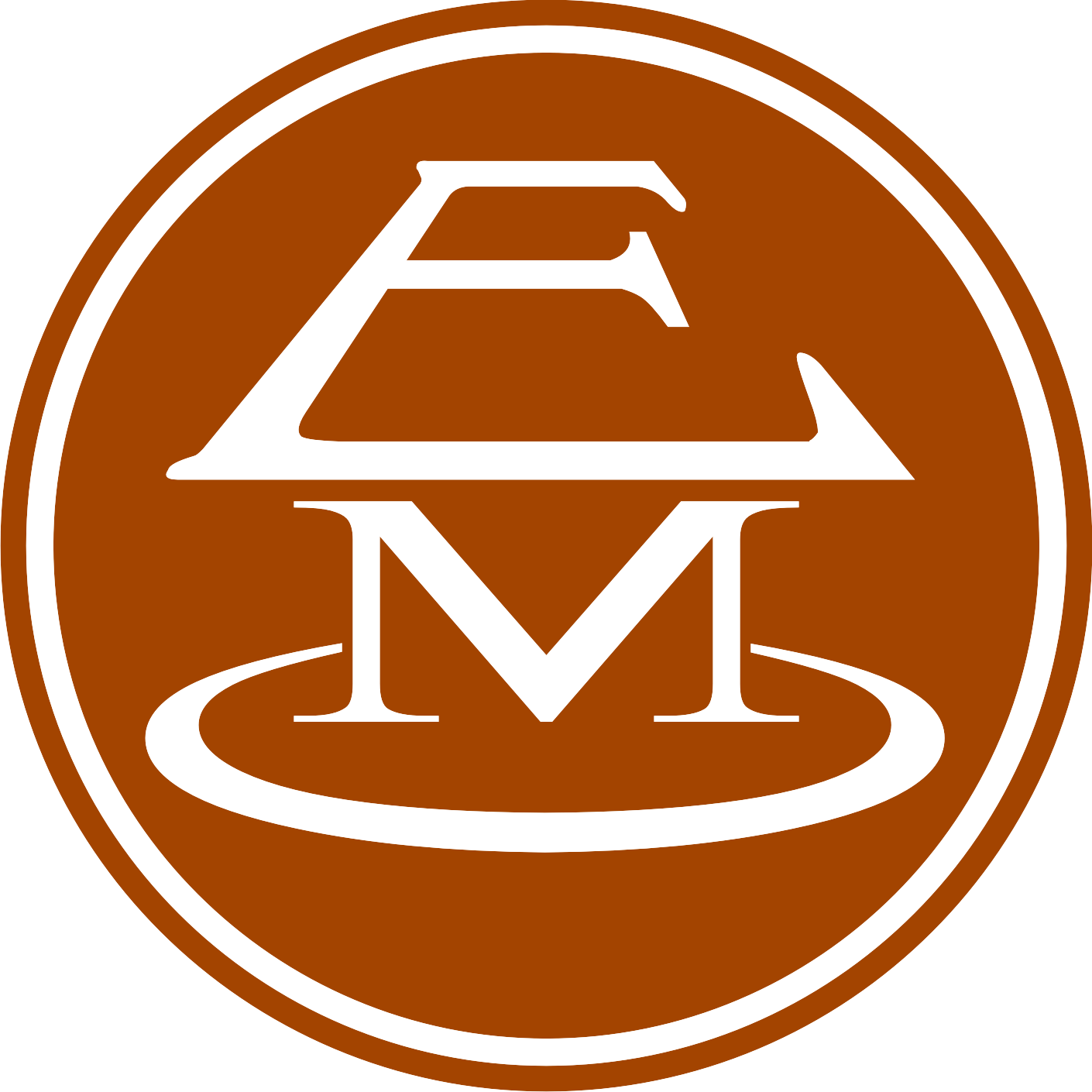 |
College of Management and Economics
|
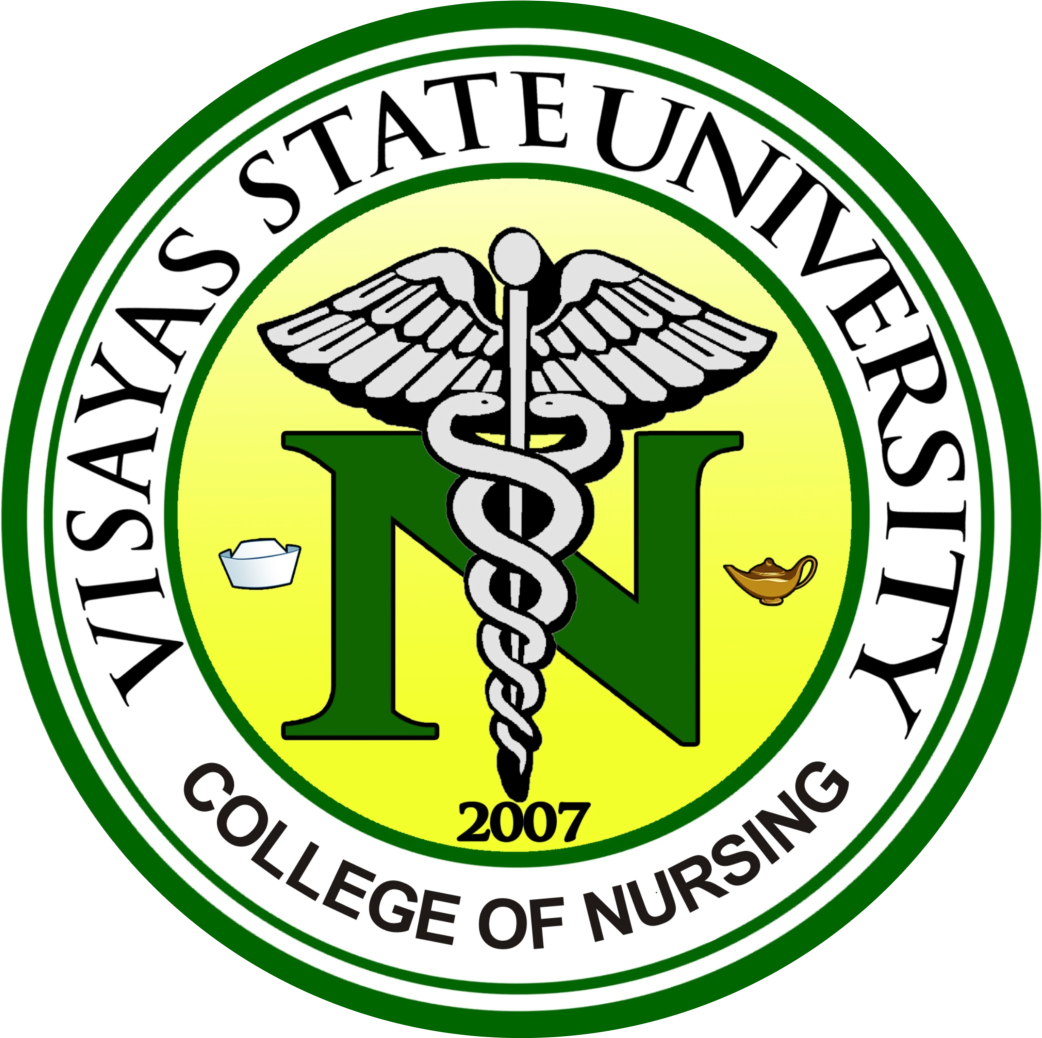 |
College of Nursing |
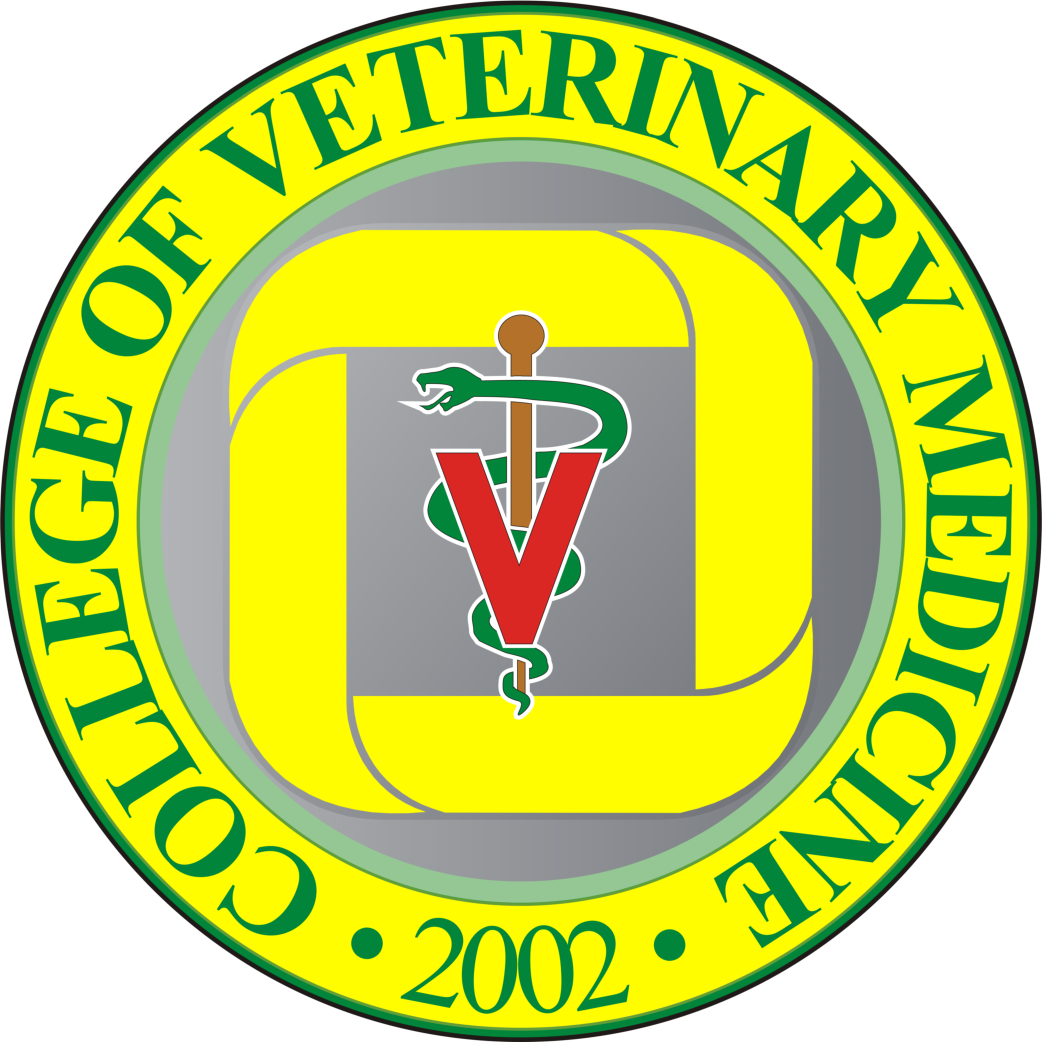 |
College of Veterinary Medicine
|
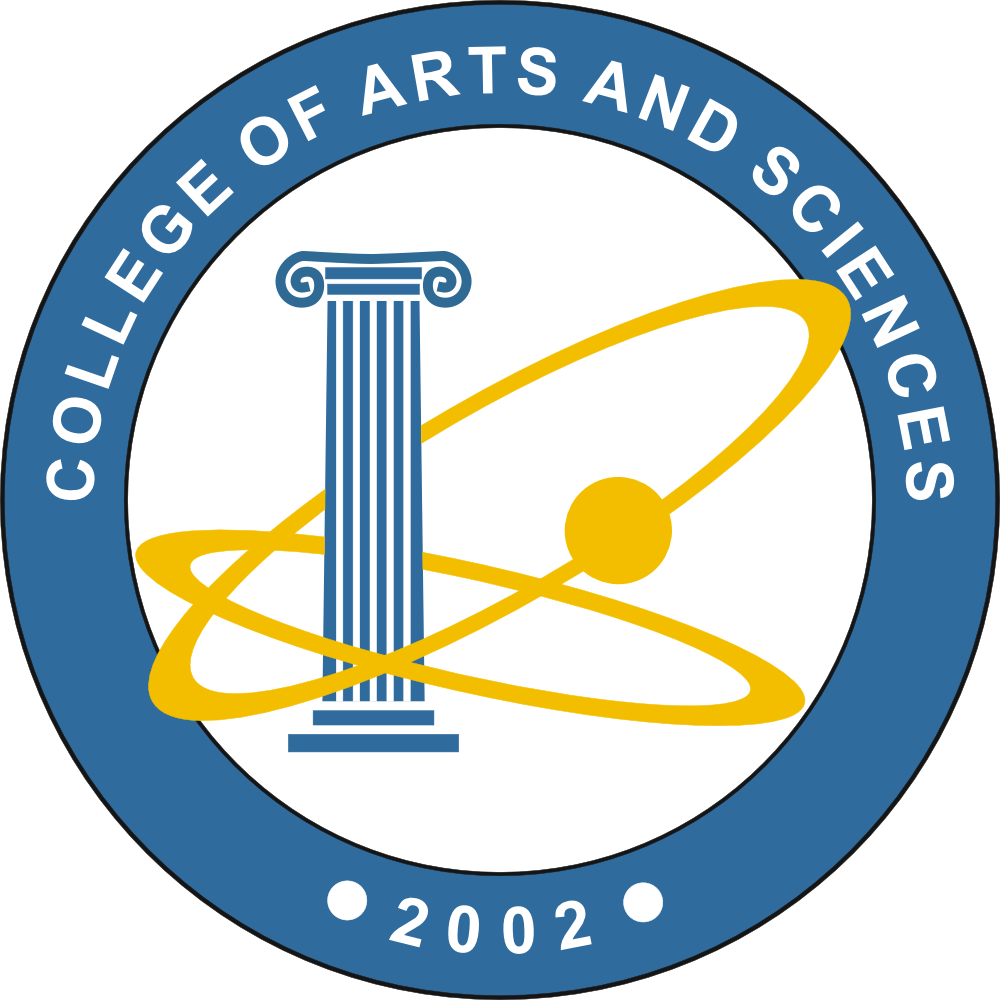 |
|
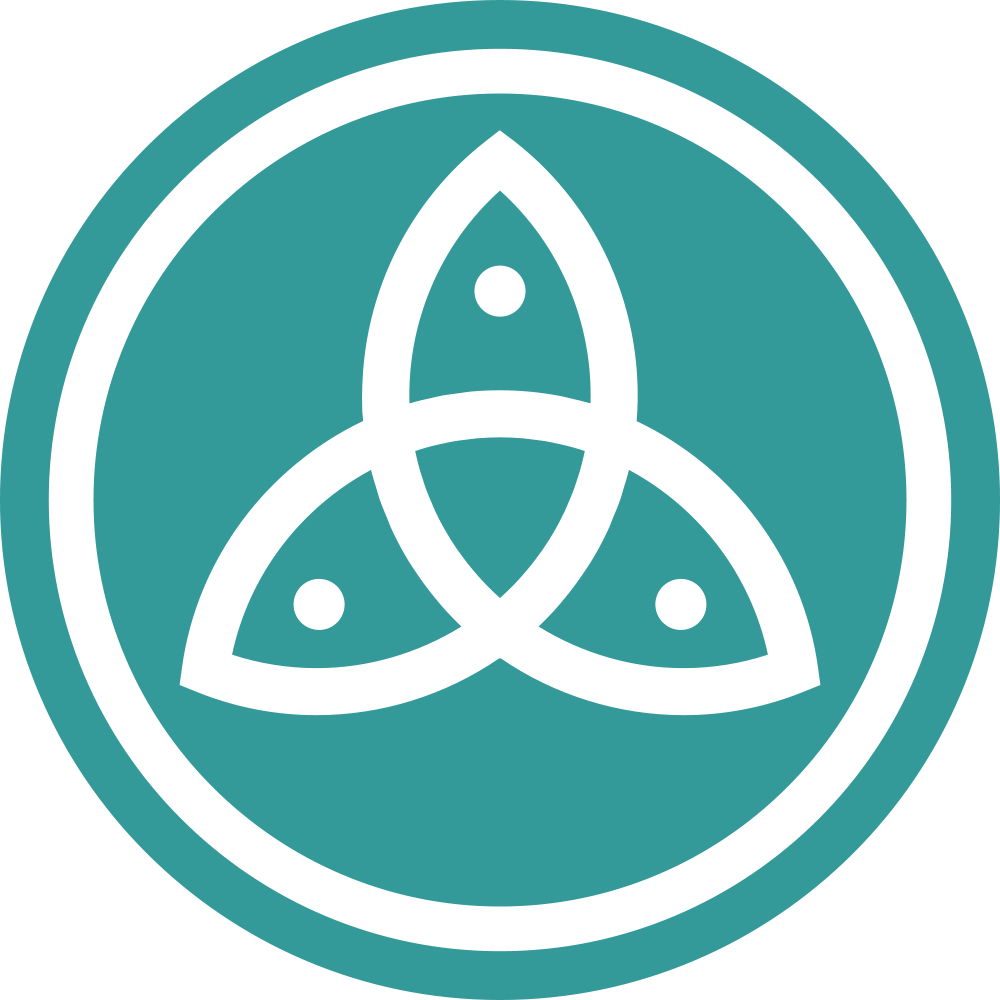 |
College of Fisheries (VSU-Tolosa Campus) |
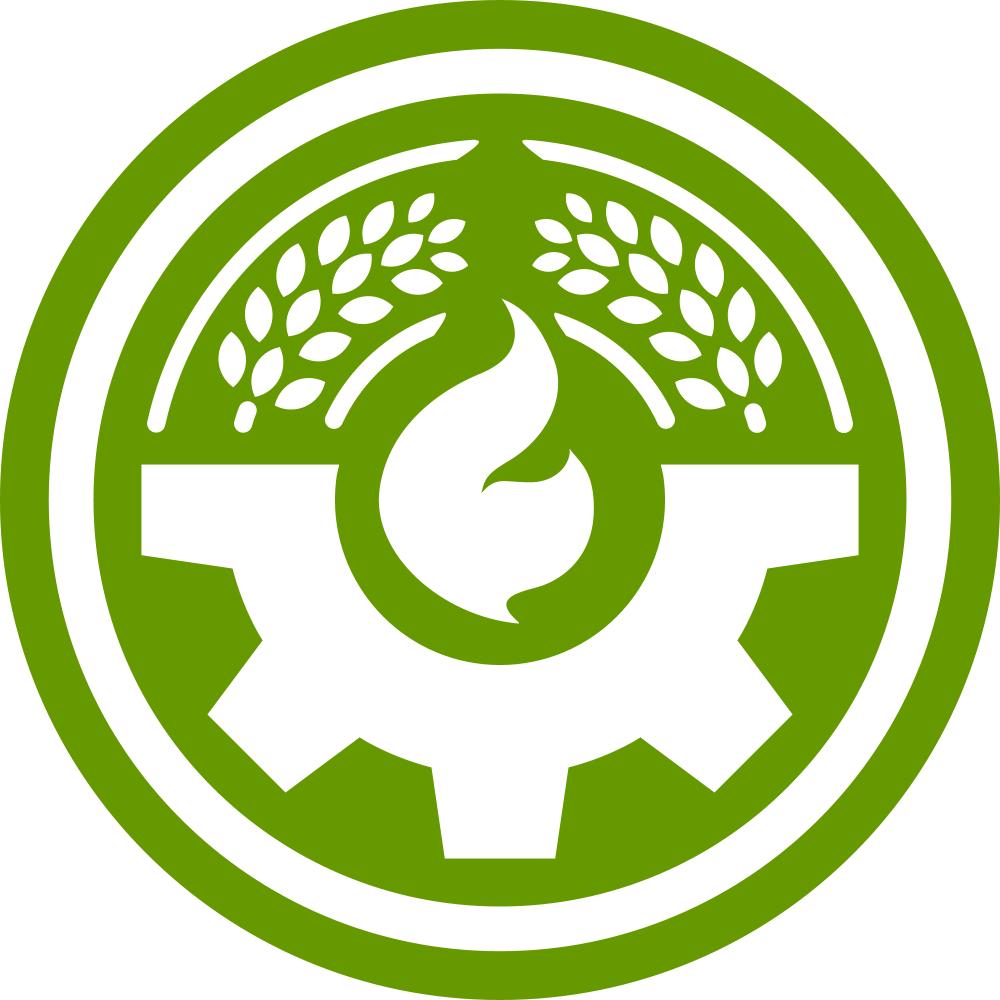 |
College of Industrial Technology and Engineering (VSU-Isabel Campus) |
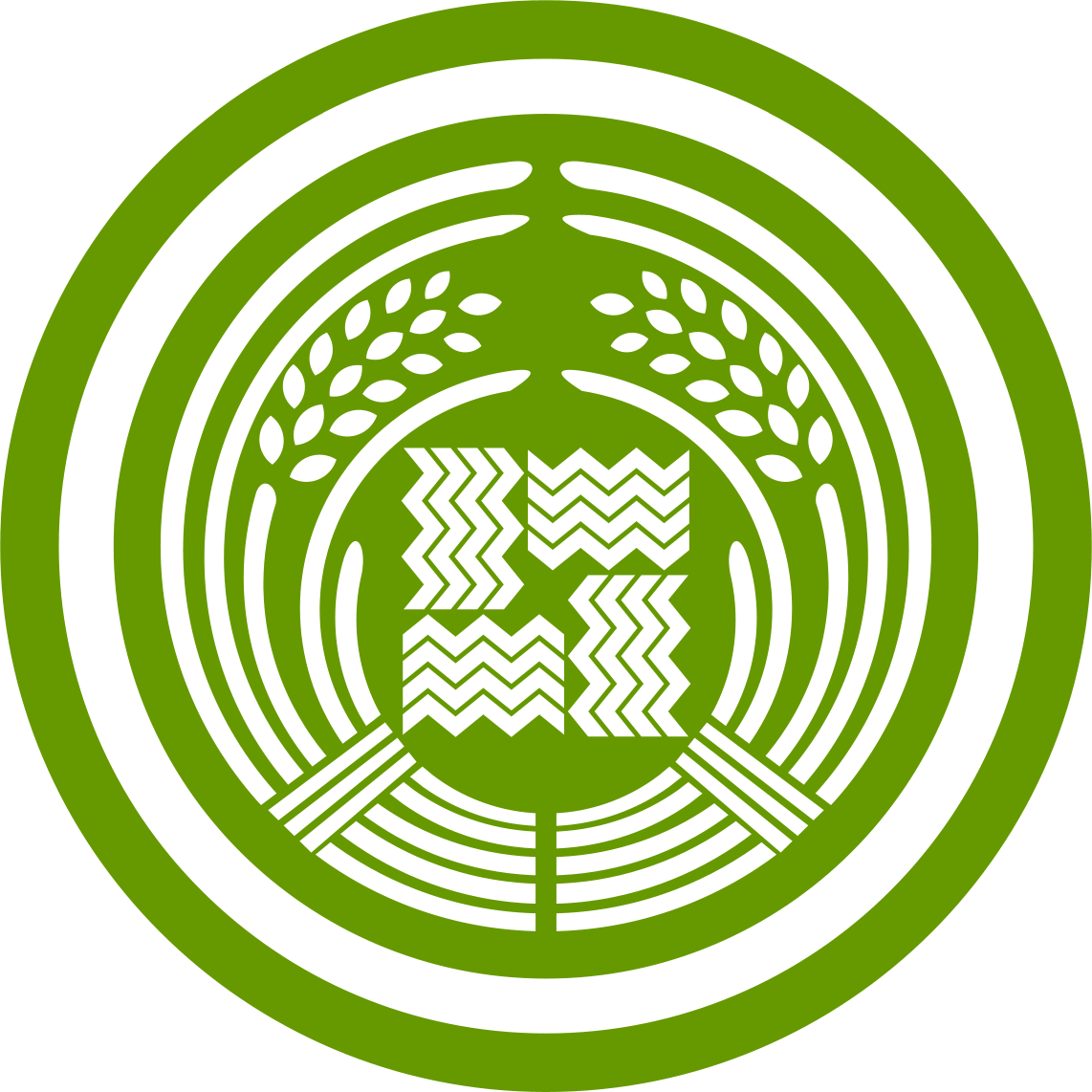 |
College of Environmental and Agricultural Technology (VSU-Alangalang Campus) |
 |
College of Education and Agricultural Technology (VSU-Villaba Campus) |
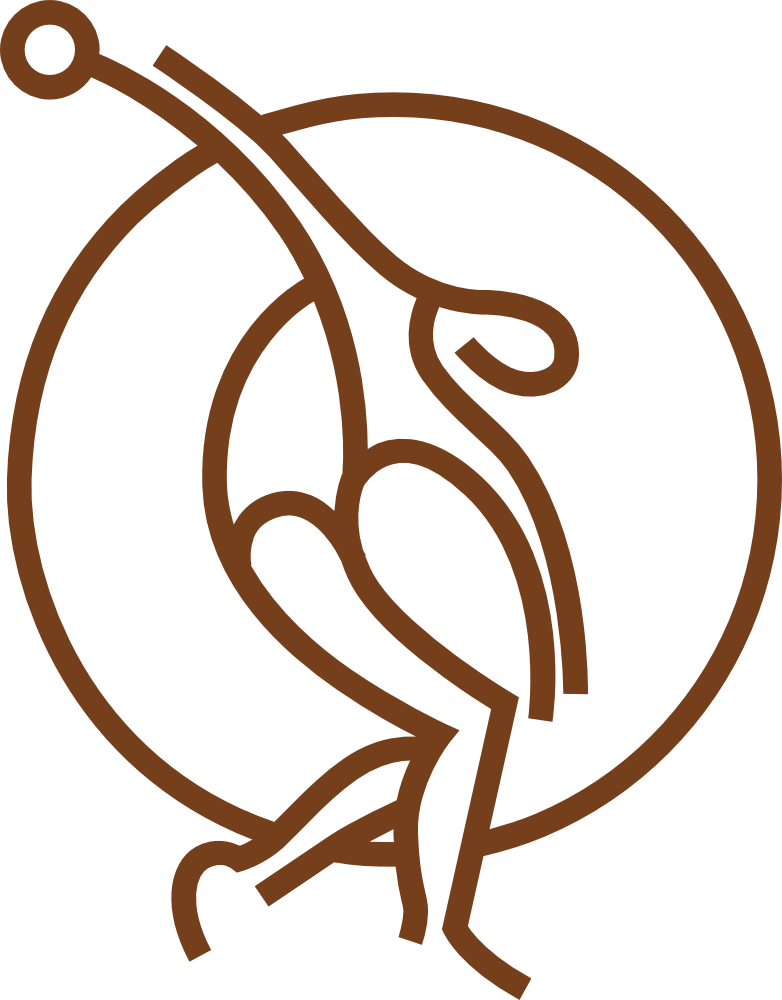 |
Institute of Human Kinetics |
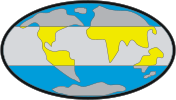 |
Institute of Tropical Ecology and Environmental Management |
 |
Institute for Strategic Research and Development Studies |
 |
Graduate School and |
Applicants seeking admission for graduate study must be a holder of a baccalaureate degree with a Grade Point Average (GPA) of at least 2.00 or equivalent. However, applicants with a GPA lower than the prescribed rating may be admitted on a probationary status.
Applicants are also required to submit the following requirements:
- Accomplished application forms (GS Form No. 1);
- Candid Appraisal from at least two (2) persons, former professors and a supervisor (GS Form No. 2);
- A non-refundable application fee of P100.00 or $10.00 in postal money order remitted to Visayas State University;
- Certificate of English Proficiency or an acceptable score in TOEFL for for foreign applicants;
- Seven (7) copies of Personal History Statement (PHS) and notarized affidavit of support authenticated by the Philippine Mission Abroad (PMA) for foreign applicants.
PHS forms can be secured from the University Registrar or the PMA.
School Fees
| A. Application for admission fee | PHP100.00 |
B. Tuition fee
|
|
C. Miscellaneous
|
|
C. Other fees
|
|
Non-registration-related fees
| Graduation fee | PHP300.00 |
| Diploma fee | PHP300.00 |
| Alumni legacy fund | PHP350.00 |
| Fee for change of program/degree | PHP25.00 |
*For new students only

